Paradine Case, The (1947)
“I may not be the cleverest woman in the world, and there are lots of things I don’t know, but there’s one thing I know better than anyone else: I know you.”
|
Synopsis: |
|
Genres, Themes, Actors, and Directors:
Review: Meanwhile, we’re simply exasperated by Todd’s overly compassionate approach to the “situation” she finds herself in; would any wife REALLY be quite that understanding and forgiving upon hearing her husband confess that he’s in love with another woman? Another facet of the problem may lie in the fact that the film was drastically cut (it originally ran three hours), so certain elements are necessarily given short shrift; Charles Laughton as the lecherous judge overseeing the case, for instance, presents as simply a cameo: while his interactions with his highly sensitive wife (Ethel Barrymore) seem to belong to another movie entirely. Louis Jordan does a fine job playing the valet accused by Peck of murdering Valli’s blind husband — but his critical role, too, seems to merit further expansion. Ultimately, one watches The Paradine Case from a state of odd detachment, mildly curious to learn the truth behind the murder mystery, but sadly uninvolved on an emotional level. Redeeming Qualities and Moments: Must See? Links: |
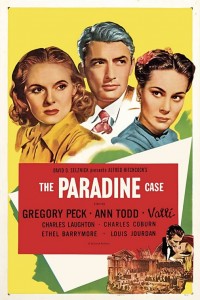
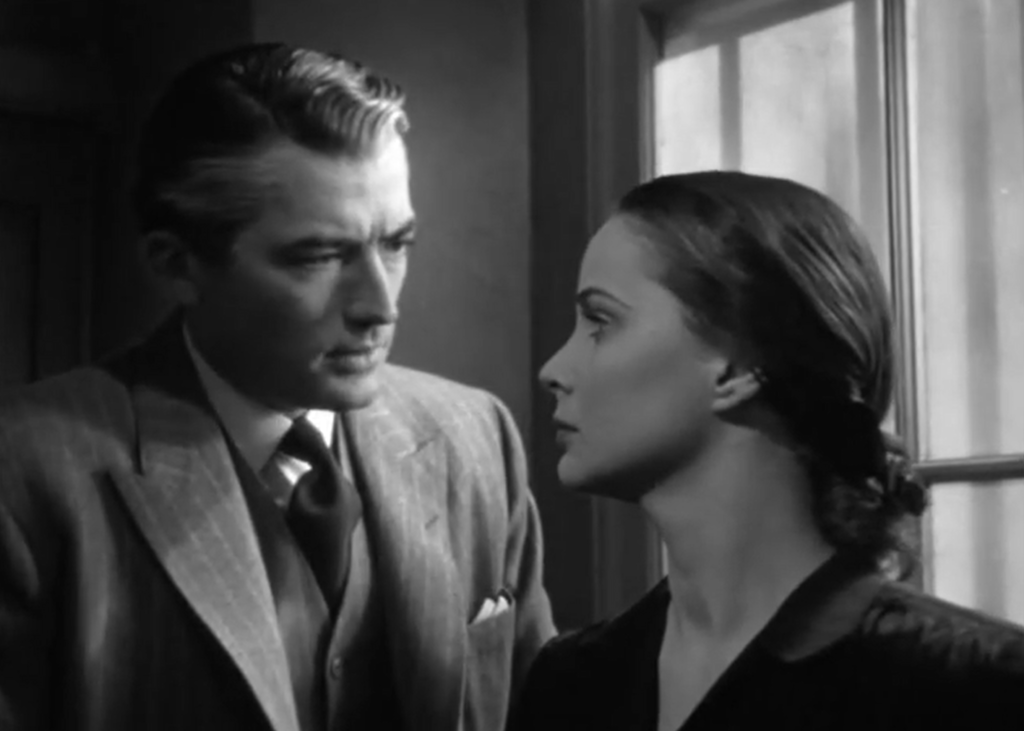
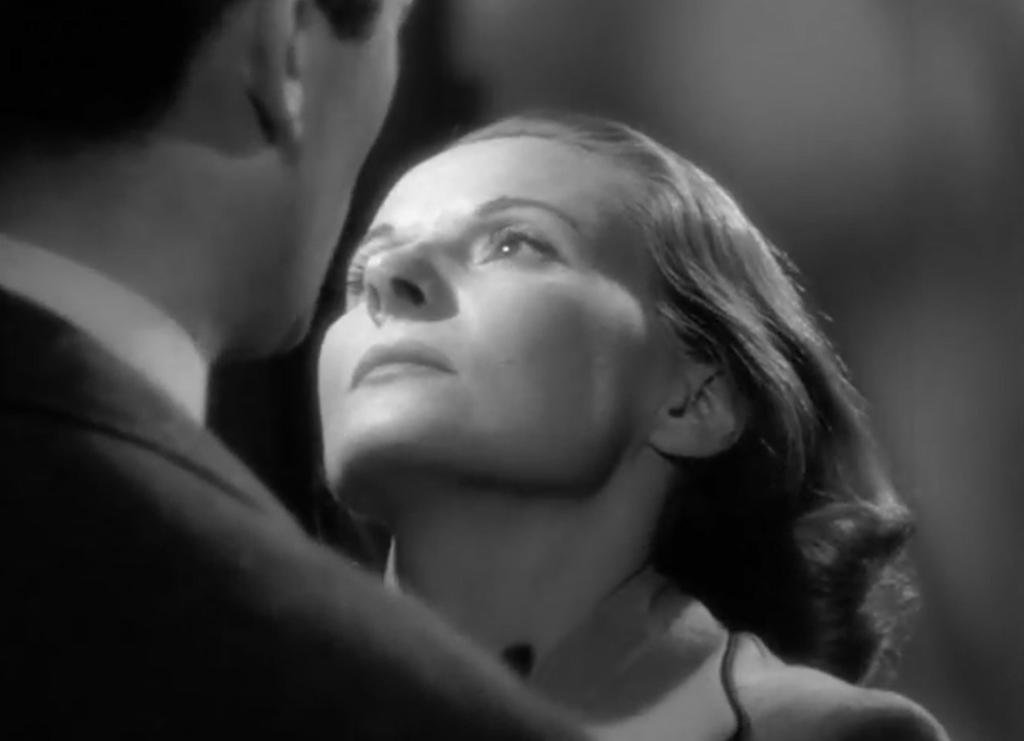
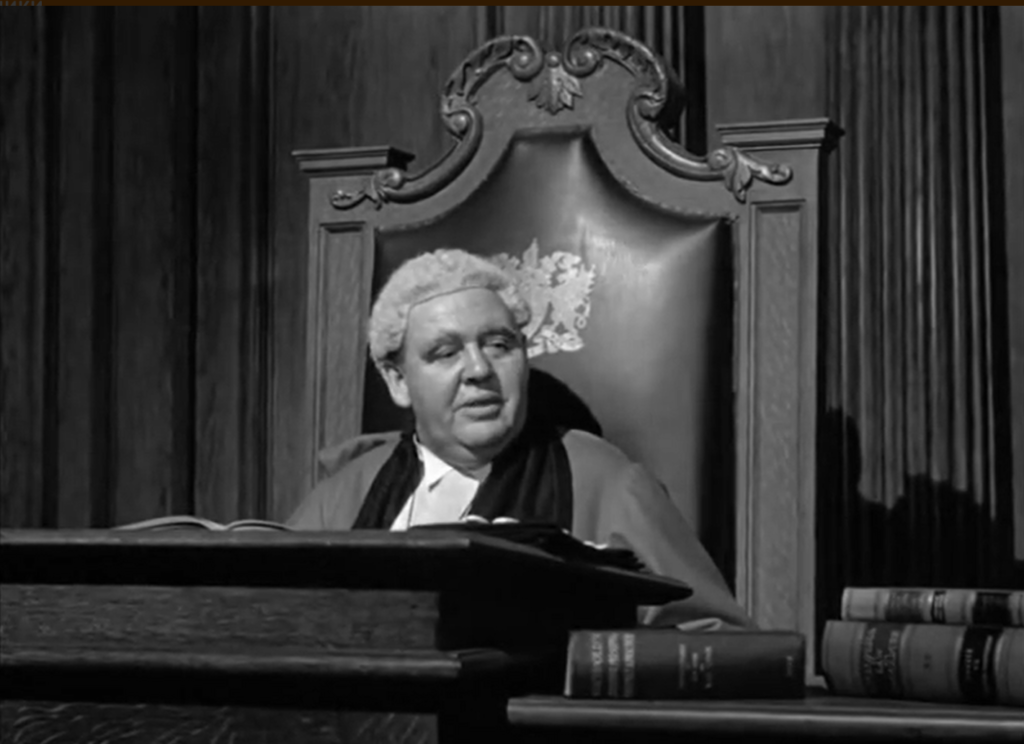
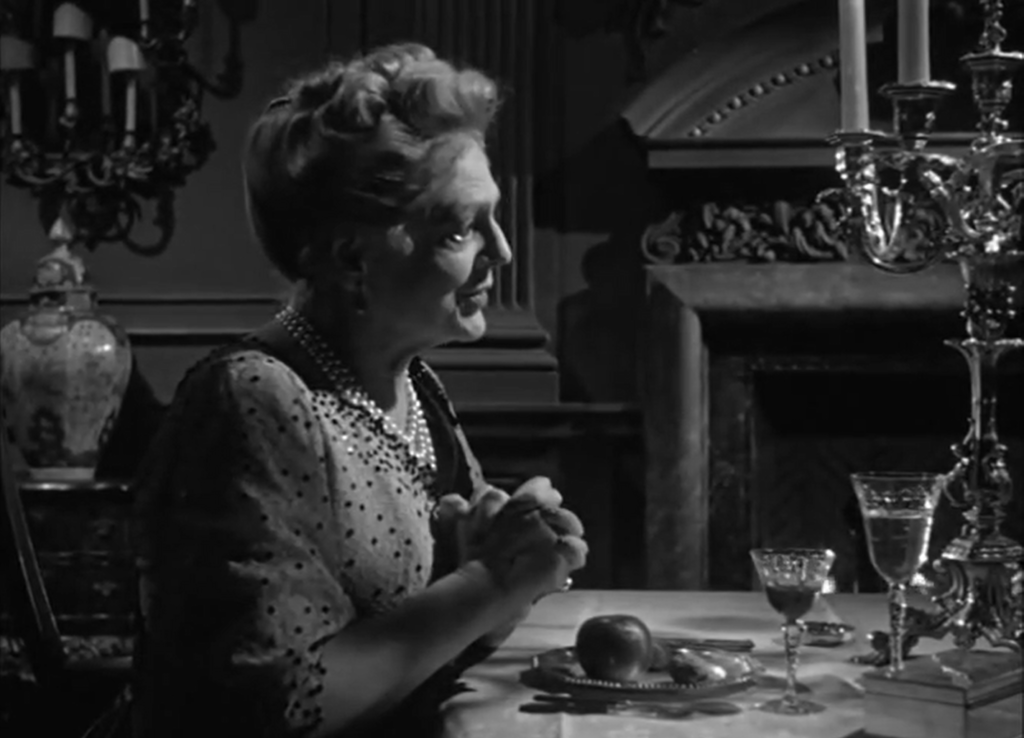
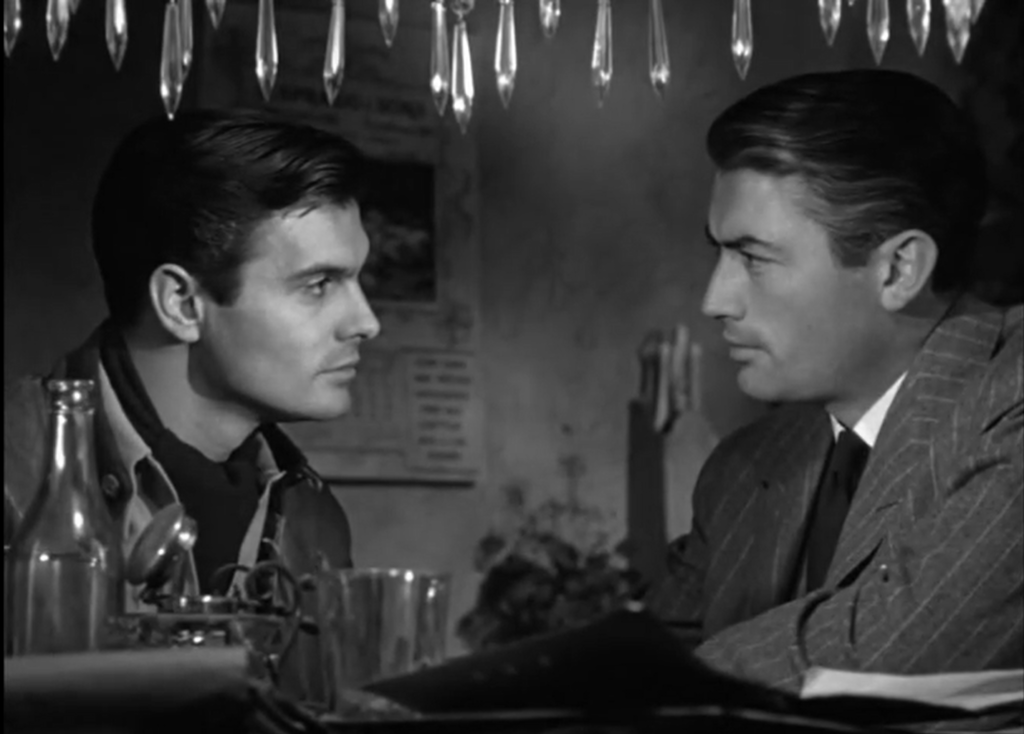
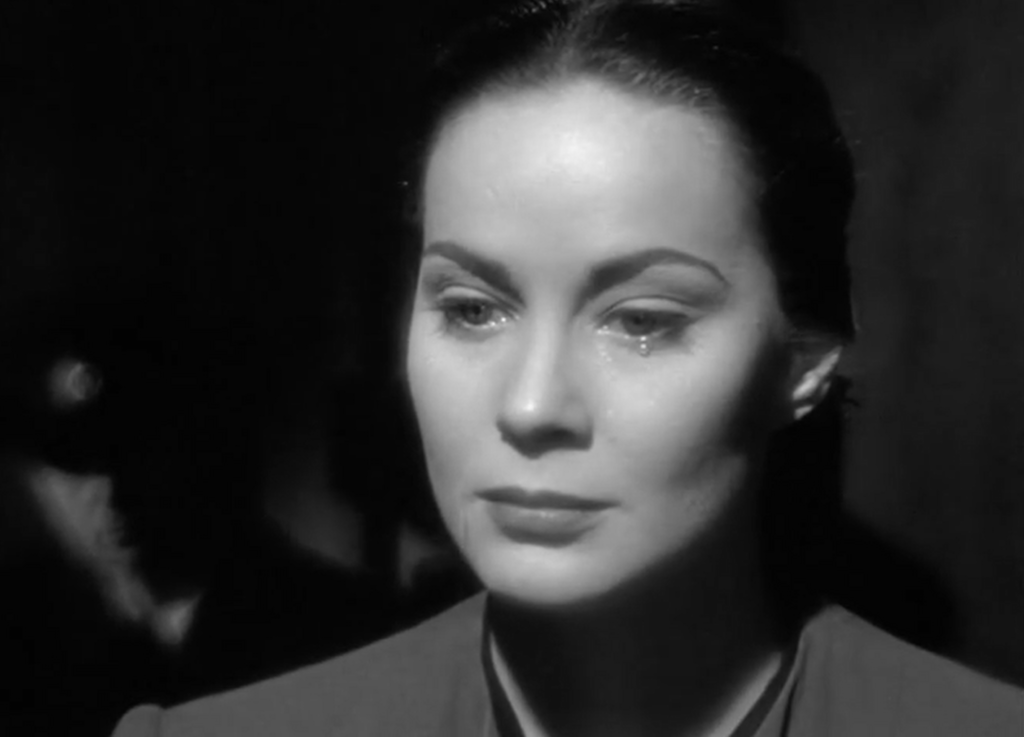
One thought on “Paradine Case, The (1947)”
Not a must.
For me, the bottom line here is that it’s a Hitchcock film that doesn’t allow the director anywhere near enough opportunity to do what he does best.
The storyline is simple and clear (so I can’t comprehend what would have necessitated another hour!). A good deal of the dialogue is needlessly melodramatic. And, since Valli’s (central) character says very little until forced to do so near the end, the film suffers in terms of weight. The result for the viewer (as noted) is indeed “a state of odd detachment”.
In a way, it’s almost as though Selznick were trying here to recapture some of the ‘magic’ of ‘Rebecca’ – which this film does resemble slightly in the script and particularly through Garmes’ exquisite cinematography.
All told, a tiring affair.